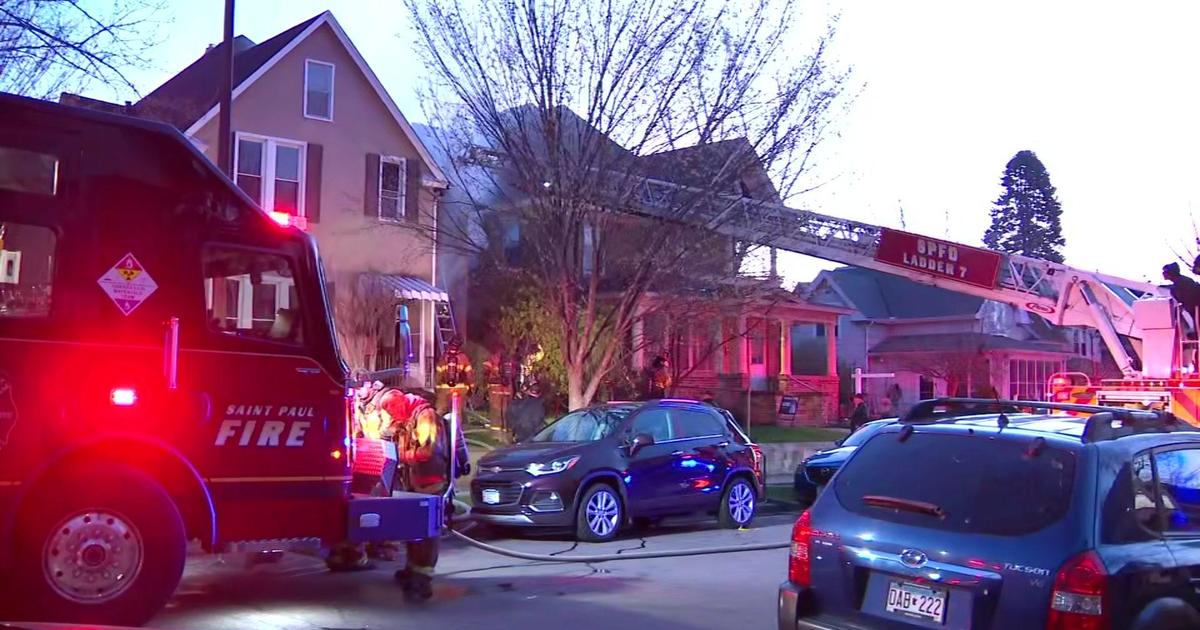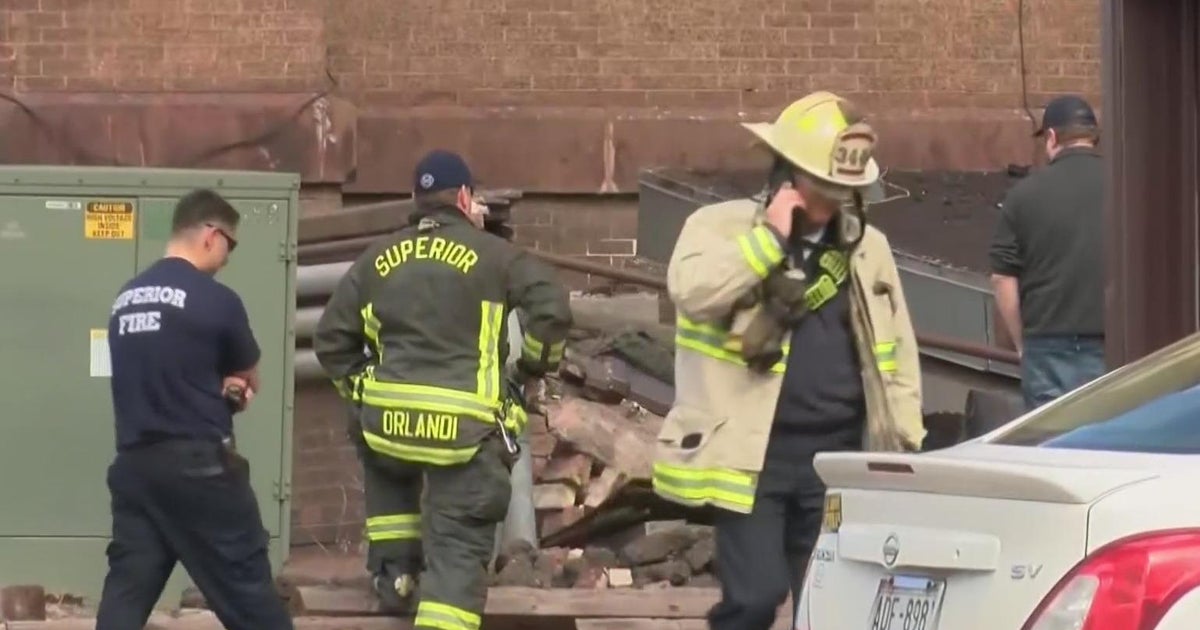Lawmakers Call Congested Freight Rails A 'Growing Crisis'
ST. PAUL, Minn. (WCCO) -- Minnesota lawmakers are turning up the heat on the state's major railroads to do something to alleviate congestion that's costing the state millions of dollars.
Heavy demand on freight transportation is causing congested railroad tracks, leading to serious delays for both commuter and passenger trains.
But the problem is also costing Minnesota farmers an estimated $100 million in added transportation costs to move their grains to market.
According to testimony at the joint House and Senate Transportation Finance Committee hearing in St. Paul on Tuesday, it's a perfect storm that's feeding this problem - a massive North Dakota oil boom, good harvests, ore production and improving economy.
Add to that last winter's propane crisis and an abnormally wet spring and the result is extremely congested rails.
America has long moved by rail, both people and products. But increasing demands to ship more crude oil and heavy commodities by freight train is creating what some lawmakers call, a "growing crisis."
On Tuesday, lawmakers heard from farmers, transportation experts and utilities. They are concerned that tanker trains carrying North Dakota oil are squeezing other shippers off the tracks, sharply escalating their shipping costs.
Farmers and the state Department of Agriculture quoted recent grain shipping costs that are five times what they were just a few years ago. From an average cost of $750 per rail car, those costs have at times skyrocketed to nearly $6,000 per car.
The situation of crowded railroads is showing no sign of changing.
"This oil field is projected to at least have a 40-year life, and it won't hit its peak production until 2023 or 2024, at about two-million barrels a day," said MnDOT's Dave Christianson.
Anywhere from seven to 10 large unit trains filled with North Dakota crude oil cross the state each day. As oil production continues to expand, more can be expected.
But recent oil train disasters in North Dakota and Canada have caused Becker state Rep. Jim Newberger to question the safety of so many oil trains sitting idle alongside the tracks.
"I'm not comfortable with it and I don't like the fact that these trains are sitting there for hours and hours on end and not moving in densely populated areas," Newberger said.
More freight traffic is also adding to the delays for both commuter rail and Amtrak.
Amtrak government affairs director, Derrick James, explained that revenues for the popular Empire Builder route have dropped at least 18 percent.
"The capacity of the network is not there to handle the traffic out there," he said.
Moving all oil shipments by pipeline isn't an option. State officials explained that current pipeline capacity simply isn't there.
Even with several proposed pipeline expansions, it would take double that number just to keep up with increasing oil production.
Lawmakers asked what solutions might exist that could help free up the rail congestion. MnDOT's Christianson explained that one large one is for railroads to double up where there are currently only single sets of tracks.



